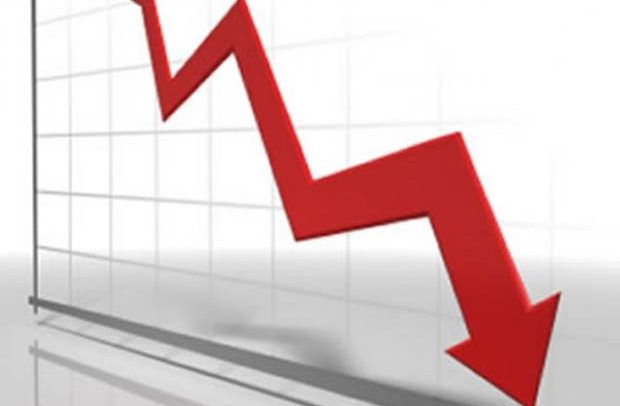The Producer Price Inflation (PPI) fallen to 3.8% in July 2025, the lowest level since November 2023, according to new data released by the Ghana Statistical Service (GSS).
The figure represents a decline from 5.8% in June, marking the sixth consecutive month of slowdown in producer price growth.
The PPI, which tracks average changes in factory gate prices received by domestic producers, stood at 262.5 in July, up from 258.2 in June and 253.0 in July 2024.
On a year-on-year basis, the 3.8% increase means producers received nearly 25 percentage points less in price growth compared to July 2024, when inflation peaked sharply.
On a month-to-month basis, producer prices rose by 1.6% between June and July, signaling moderate upward price pressures in the short term despite the broader slowdown.
The decline was largely driven by two heavyweight sectors – mining and quarrying, which saw inflation ease from 6.5% in June to 4.6% in July, and manufacturing, which dropped from 7.2% to 3.6% over the same period.
Together, these sectors account for nearly 80% of the PPI basket and were responsible for the bulk of the slowdown.
By contrast, electricity and gas recorded an uptick, rising from 5.1% in June 2025 to 6.7% in July 2025. Water supply, sewerage, and waste management also edged higher to 4.1%.
Transportation and storage costs continued their downward slide, falling further from -7.0% in June to -8.1% in July, while accommodation and food services remained flat at -2.7%.
The Government Statistician, Dr. Alhassan Iddrisu, noted that falling producer prices could offer relief to businesses and households if the savings are passed down the value chain. “If these savings reach consumers, we could see real relief,” he said.
The GSS advised businesses to take advantage of falling input costs to rethink pricing strategies and innovate rather than merely adjust prices.
It also recommended that government consolidate stability and support production in key sectors to sustain momentum, while urging households to monitor retail prices to ensure the benefits of reduced producer costs are reflected in consumer markets.
The latest data underscores a broader cooling trend in producer inflation, offering potential respite for the country’s economy amid efforts to stabilise the foreign exchange market and ease cost pressures on businesses.
A Business Desk Report


